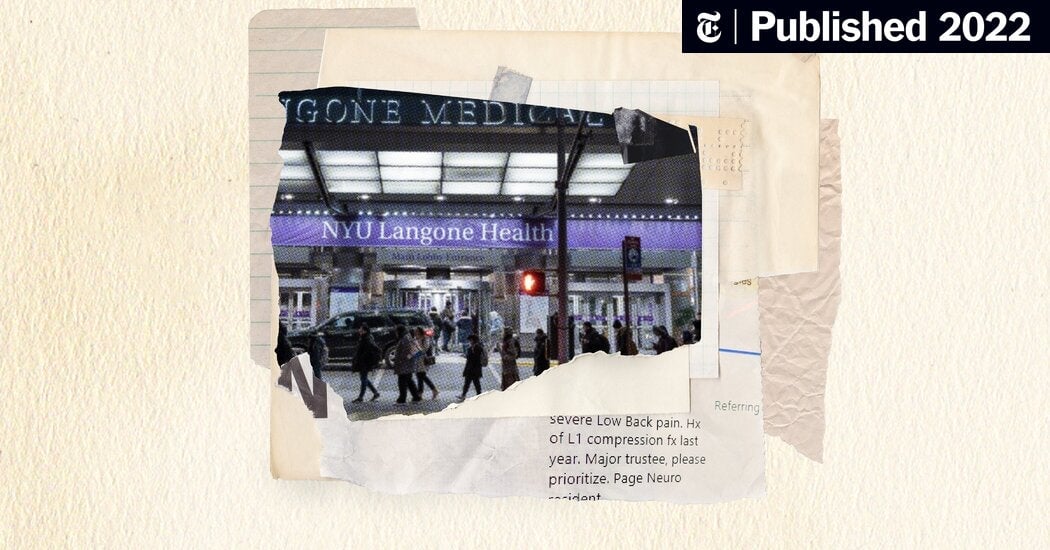I recently spent a few days at a big name cancer center (e.g., MSK, MDA, DF, Fred Hutch, etc...). Plenty of VIPs come through. I think the overall care for everyone was excellent, but it was interesting to see the exact dichotomy between treatment a fortune 500 CEO coming in with a family member vs. the average joe. Average Joe gets 20 minutes with the doctor while CEO's relative gets 30 minutes and maybe there are two doctors in the room. I don't think the outcomes changed very much between the two, and the CEO's got more of a dog and pony show. Maybe the executive packages at Cleveland Clinic are wildly different experiences, but it seems like an appointment is an appointment.
Overall, I actually think it's a testament to how good healthcare is compared to other essential systems (e.g., education, legal services, nutrition/food, housing, etc...). For as much as everyone hates on American healthcare, objectively it's one of the most equitable systems in place in the US. We just place a greater cultural emphasis on equity in medicine and other countries have gone further than we have, which makes it more obvious, leading to massive criticism of the system. Sure, the logistics of insurance are an absolute mess, but a homeless man could book an appointment right after a multi-millionaire and he'll still be seen and overall be given similar treatment (literally saw this scenario). The millionaire will have an easier time scheduling, receive more attention, and more easily get a second opinion (e.g., Monday book at DF and Tuesday take a private jet into MDA), but ultimately they'll get one doctor, one surgeon, and an identical treatment regimen for an identical presentation.
Having come from another industry prior to med school, medicine doesn't even touch the sort of inequality seen in those other essential services. If you're born poor you get shuttled into a public school with no supplies and teachers who don't get paid enough to care. Piles of research shows that this leads to massively poor economic and health disparities. The rich essentially have a completely separate legal system from the poor. Top lawyers won't even breathe in your direction if you don't have $10M+, and many legal services the rich use extensively (e.g., trusts and estates) literally don't even exist for the 99%. Over 30M Americans live with food insecurity and tens of millions more can't afford healthy food. We have a massive obesity crisis because the poor live in food deserts and heavily utilize fast food because McDonald's is closer and cheaper than fresh produce. Housing conditions have a greater effect on health than healthcare ever could, yet we've allowed municipalities across the country to restrict housing supply so corporations and wealthy individuals can turn housing into an investment and bleed the middle class dry.
I think there's a lot of criticism in healthcare over things that are actually quite small compared to other essential services. It's like we're so used to the gargantuan inequality that we don't even think to question it. To be clear, I'm not criticizing medicine for being self-critical. It's why I still have a little bit of faith in this profession. Just pointing out that it's a bit of a small victory that we get mad over things like this while our peers in education, law, and real estate turn a blind eye to much more glaring problems.

 www.nytimes.com
www.nytimes.com

